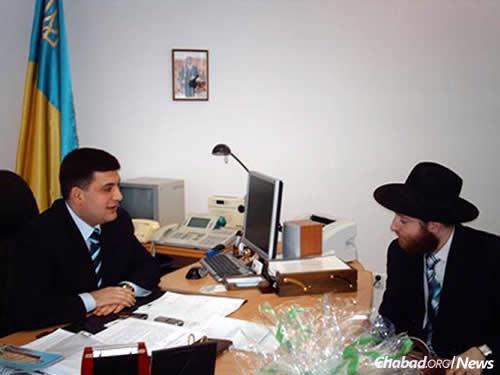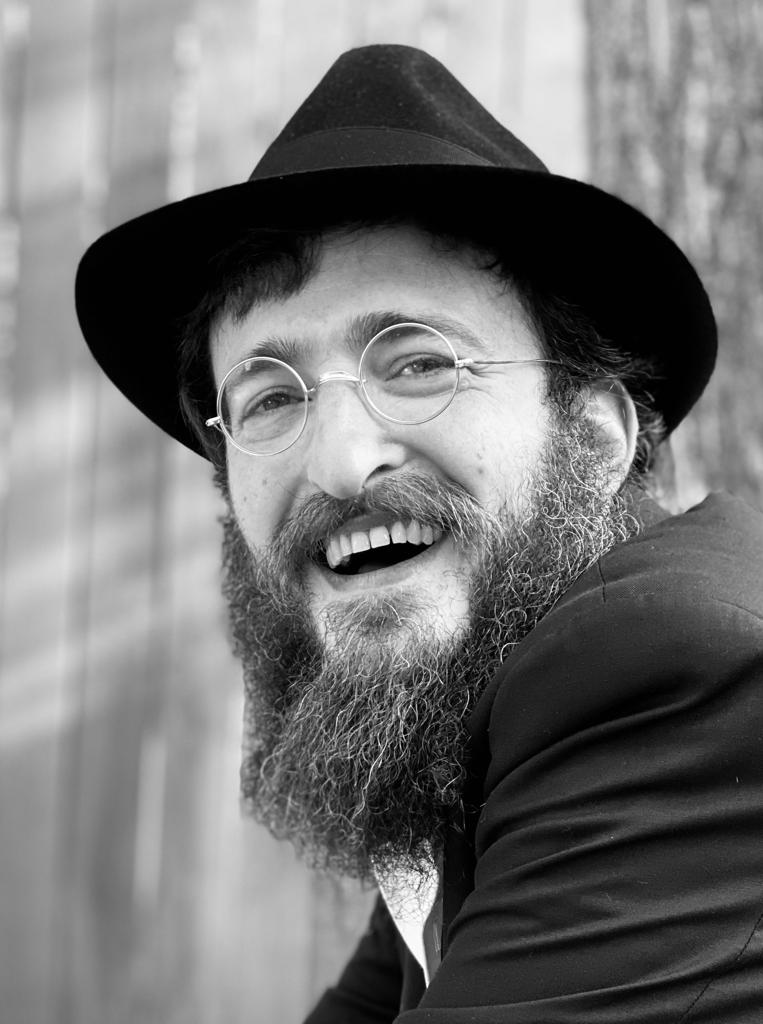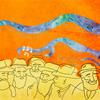Volodymyr Groysman was appointed the new prime minister of Ukraine by President Petro Poroshenko, a move confirmed on April 14 by the embattled country’s Parliament. He replaces Arseny Yatsenyuk, and at age 38 will officially become the youngest prime minister in the nation’s history.
One aspect that did not play any role in the election process is Groysman’s open identification as a Jew—a pleasantly surprising development to some and a confirmation of the country’s changing nature to others.
“It’s fair to say that 25 years ago, when we arrived in Kharkov, this would have been unthinkable,” says Rabbi Moshe Moskowitz, chief rabbi of Ukraine’s second-largest city and a veteran Chabad-Lubavitch emissary in the former Soviet Union.
For many years, an undeniable aspect of Ukrainian politics were rumors that would swirl around various public figures, with the opposition party often responsible for spreading reports of an opponent’s alleged Jewish heritage. In some instances, politicians felt the need to deny that their grandmother or grandfather was Jewish. In other cases, Jewish politicians would tiptoe around their identity.
That’s not the case with Groysman, which seems reason enough to strike a cautiously optimistic note on the meaning of his appointment to a national post in a country that has had a long and sometimes tragic relationship with its Jewish population, which today stands at around 400,000 people.
“It’s a big deal because he’s so proudly Jewish, and everyone knows that,” says Moskowitz.
Groysman himself hails from the small city of Vinnitsia; its Jewish history traces back to the 16th century. Nearly the entire Jewish population of Vinnitsia was wiped out in 1648 during Cossack pogroms led by Bogdan Khmelnitsky, who is still regarded as a national hero in Ukraine. One hundred years later its Jews suffered similarly from attacks by the Haidamaks, roaming bands of violent peasants. Just prior to World War II, its Jews numbered 33,000 people, some 35 percent of the city’s population—15,000 of whom were murdered by the Nazis in 1941, a horror captured in a chilling 1941 photograph of a Nazi pointing a revolver at a Jewish man perched above a pit filled with dead bodies. The photo is titled “The Last Jew of Vinnitsia.”
Despite its bloody history, thousands of Jews returned to Vinnitsia after the war.
“There were 42,000 Jews living in the Vinnitsia area in the early 1990s,” says Chabad emissary Rabbi Shaul Horowitz, the rabbi there since 2002. “It’s still a very Jewish area.”

‘Proud of His Judaism’
Groysman’s own story is very much intertwined with that of his home city, where his political career began when he was elected mayor in 2006. His great-grandfather was the rav (“rabbi”) of a neighboring village. Groysman’s grandmother was among those Jews led out to the killing fields by the Nazis. She somehow survived the shooting, ending up under layers of dead bodies, where she kept herself concealed. When nightfall came she climbed out, thus surviving the massacre, and eventually, the war.
Even as his political profile grew, Groysman continued coming to synagogue, says Horowitz, always for the High Holidays, Chanukah, Passover and other Jewish celebrations.
“He’s come many times just to put on tefillin,” adds the rabbi.
“He’s proud of his Judaism.”
During Groysman’s tenure as mayor, he gained a reputation as more of a doer than a talker, working to improve basic infrastructure and quality-of-life issues in Vinnitsia.
“When I came here,” says Horowitz, “it was impossible to drive down the street at night because all of the street lights were off, so life in this city really has changed 180 degrees.”
With Ukraine mired in a never-ending war with Russian-backed separatists in its east, a floundering economy and a culture of corruption that some have claimed is endemic to the country, Jews and non-Jews alike are hoping that the government shake-up will finally bring peace and prosperity to their country—hopes unconnected to Groysman’s Jewish identity.
“As one of 45 million citizens of Ukraine, I hope that things will become better,” says Rabbi Avraham Wolff, chief rabbi of the port city of Odessa and the region’s head Chabad emissary. “I hope that economically things will improve, that the war will end, and that it will be good.”
While Groysman’s identity may not play a role in his work as prime minister, Wolff agrees that the relative lack of commotion surrounding the election of someone so obviously Jewish is a positive sign for the country. Says Wolff: “This shows again that Ukraine is simply not an anti-Semitic country.”









Start a Discussion